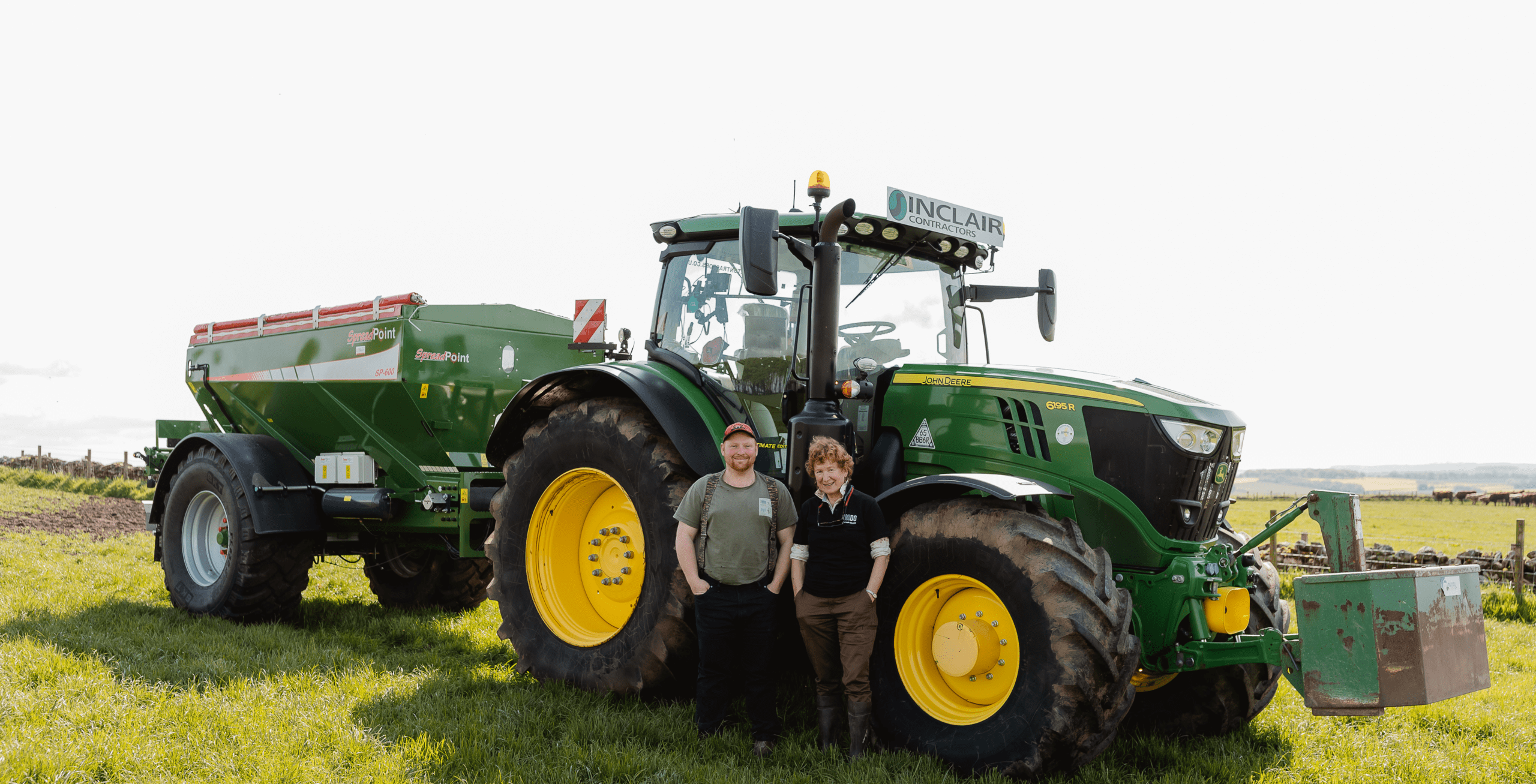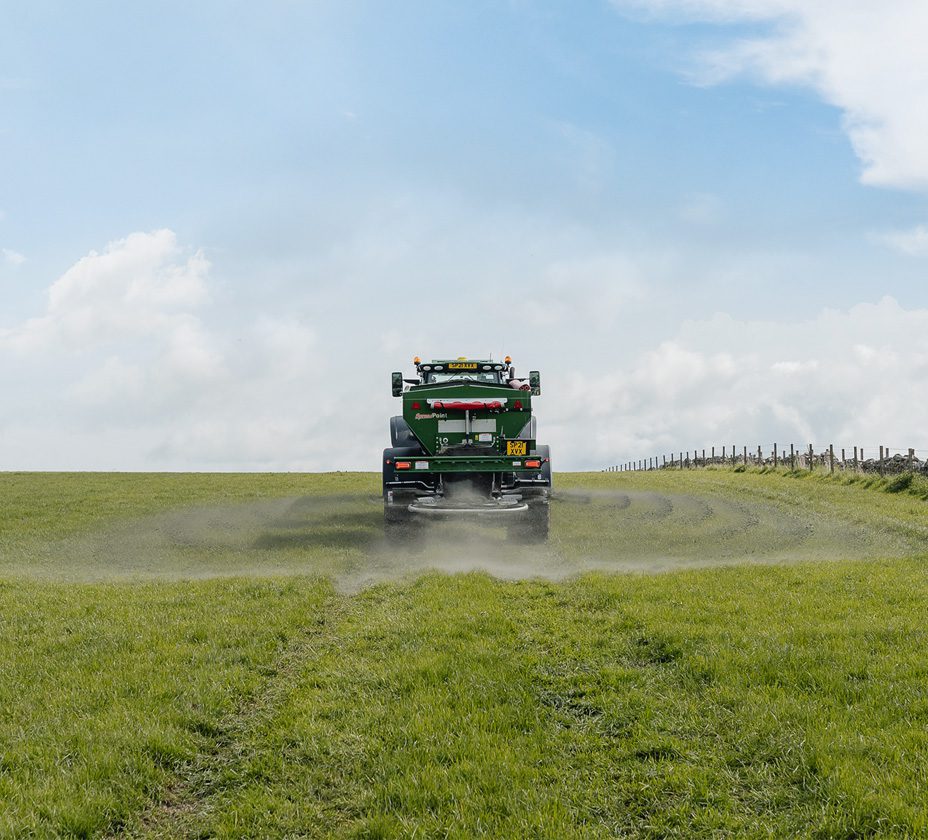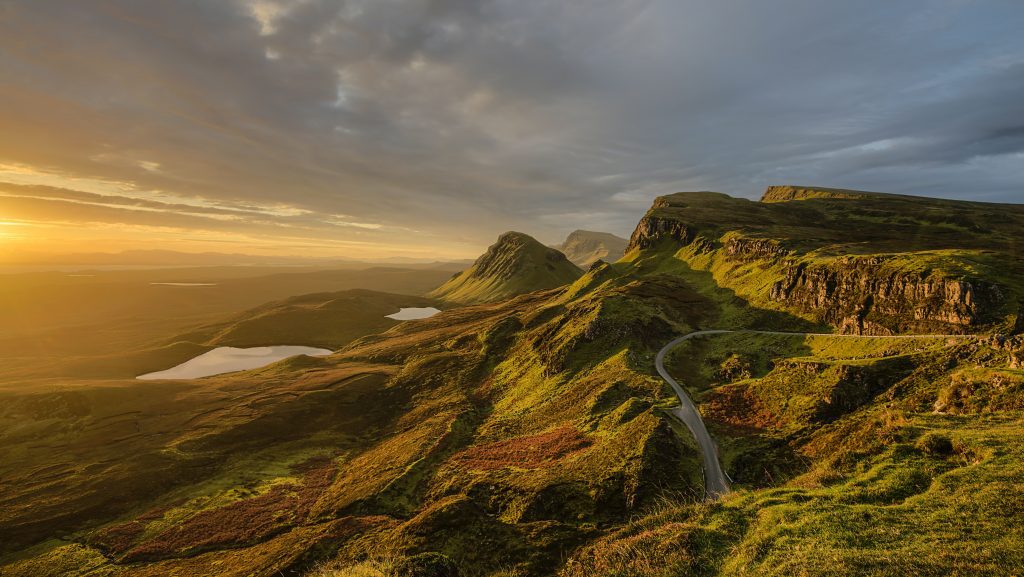In recent years, ‘climate anxiety’ has gained traction in our collective vocabulary. Sometimes called ‘eco-anxiety,’ it’s defined by the American Psychological Association as ‘a chronic fear of environmental doom’*, and the reasons for its growing prevalence are pretty clear. The environment is indeed in crisis: extreme heat, drought, flooding and other devastating effects of climate change are increasing in number and severity, and while the media’s attention on these events is a good thing, there’s no doubt that the overwhelming presence of ecological disaster is having a lasting impact on our mental health.
Climate Anxiety In Numbers
So, just how common is climate anxiety? According to a recent study by campaign and research group Avaaz, nearly 60% of young people feel either ‘worried’ or ‘extremely worried’ about climate change*, with many feeling anxious, sad and fearful. It’s not just the younger generation who are impacted, with a separate survey carried out by thinktank Global Future reporting no marked difference in age or class when it comes to experiencing climate anxiety.
What Can You Do?
If you’re dealing with climate anxiety, you’re probably experiencing feelings of hopelessness and helplessness. You might be feeling stuck, like nothing you do will make a difference. These debilitating negative emotions reinforce the anxious cycle, making it harder to break. Thankfully, there are lots of ways you can alleviate this common condition and even take positive environmental steps forward in the process.
1. Acknowledge hope
The most important thing to bear in mind when you’re in the thick of climate anxiety is that the situation is far from hopeless. In fact, we already have so many innovative solutions available to us, and with public engagement in climate change issues at an all-time high, more people than ever before are demanding action. Cut back on doom scrolling and immerse yourself in positive climate news to train your brain into acknowledging that a better, brighter future is possible.
2. Don’t suffer alone
Bottling up our emotions is never a good idea, and climate anxiety is no different. Opening up to family, friends and like-minded people in local or online groups will give you a healing sense of solidarity. You may even feel motivated to incorporate new climate-friendly lifestyle changes or take part in climate activism, relieving the anxiety even more.
If climate anxiety is impacting your daily life, don’t hesitate to reach out to your GP or seek counselling to help you cope with its effects.
3. Connect to nature
Like any other type of anxiety, climate anxiety takes us out of the present moment and thrusts us into scary thought patterns about hypothetical future scenarios. Despite our legitimate fears over the future of the planet, the current reality is that we still have so much of the natural world to enjoy. Doing something, no matter how small, to connect to nature can be an effective way to ground yourself while also serving as a reminder of all that’s left to save. Whether it’s observing the world from your window, finding a new wild swimming spot, going for a walk in the park or tending to your garden or houseplants, deepening your connection with nature is bound to give you some respite.
4. Take action
Climate anxiety depends on us believing we’re powerless, and while it’s true that so many of the causes of climate change are systemic, there’s so much we can do as individuals to affect positive change and, in turn, alleviate our own climate anxiety. From signing petitions and joining climate-action campaigns to committing time and money to organisations pioneering eco solutions, be the change you want to see in the world. You’ll soon find those feelings of despair replaced by hope and inspiration for the future.
Sources:
* American Psychological Association
** Survey of 10,000 young people conducted by Bath University in collaboration with five universities and led by campaign and research group, Avaaz.
*** ‘The survey, carried out as part of a study into “eco-anxiety” by the Global Future thinktank in conjunction with the University of York, also finds that concern about global warming is almost as common among older and working-class people as it is among those who are young or middle-class. Overall, 78% of people reported some level of eco-anxiety.’

Find out more about our individual subscriptions
Feeling ready to face climate anxiety head-on and be part of the solution? Learn more about how you can remove carbon and contribute to keeping the planet fit for future generations.


 " />
" />
